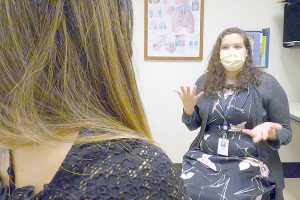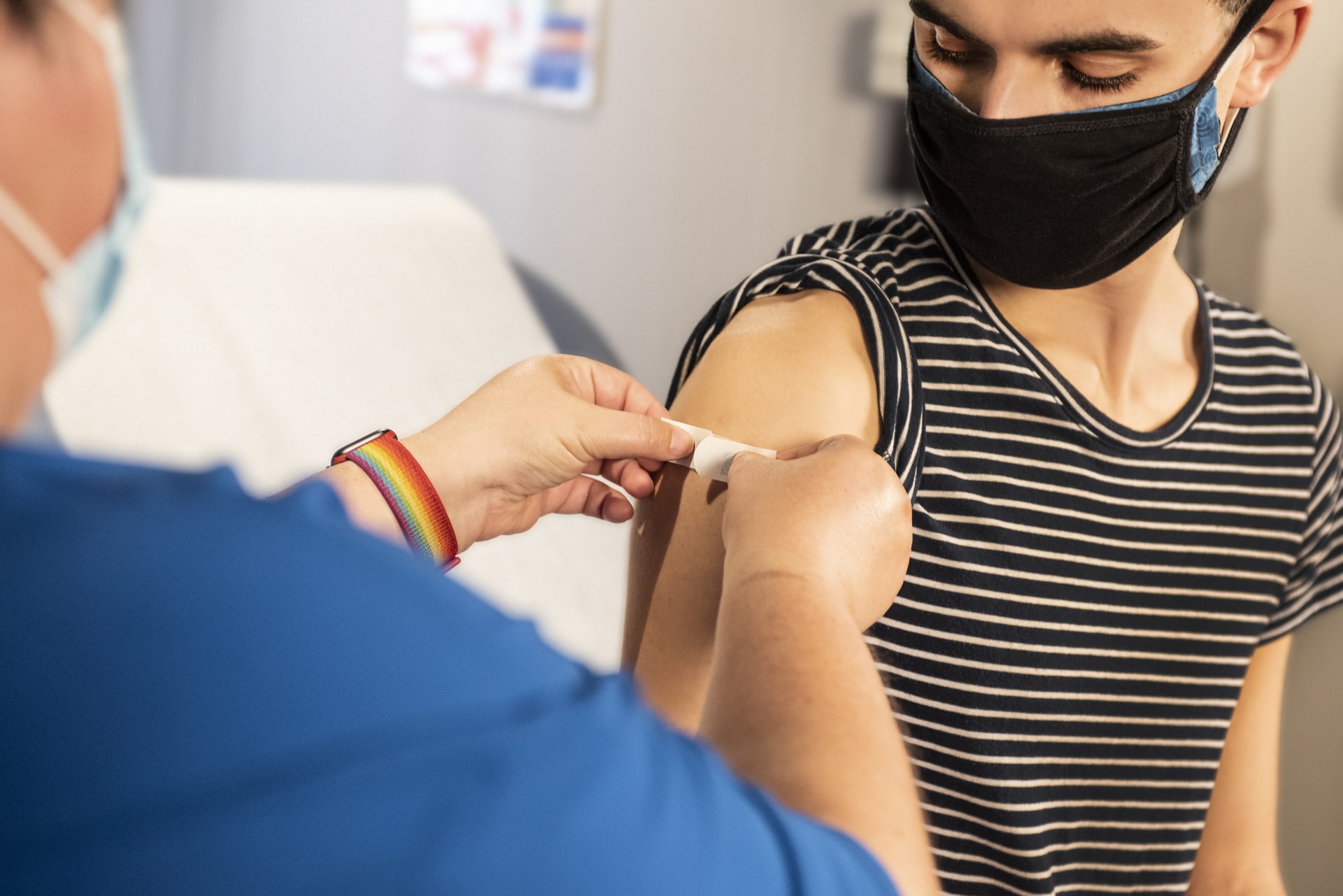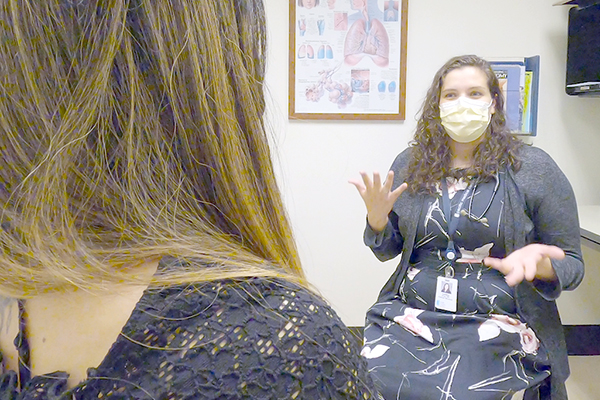PacMed pilots Lumedic for vaccine records on your phone

Pacific Medical Centers (PacMed) is piloting Lumedic Connect with select clinics. Lumedic Connect is a mobile app that lets patients securely store a digital record of their COVID-19 vaccination on their smartphone. Patients can share their record with any organization, business, or healthcare system using the app to verify health information.
Our mental health is fundamental to our complete health
Practice self-care.
May is mental health awareness month, and this year with our lives in some part of upheaval due to the pandemic, mental health challenges are critical. Dawn shares some simple techniques or practices to use and to share with others as we aim to find our footing. One is take a few minutes, using each ‘sense’ to note the space around us, and do this periodically through the day.
Listen to Dawn’s interview with Kate Daniels on Warm 106.9.
Vaccine talk and insights for the greater good

Dr. Sharma, PacMed‘s medical lead for Infection Prevention, spoke with WARM 106.9 FM Sunday Morning Magazine about the COVID vaccines, their safety, the need to still follow safe protocols and the importance for the majority of people to receive the vaccine.
Strong women’s health starts with strong doctor-patient communication
 Most doctors listen to your heartbeat… good doctors also take time for a heart-to-heart!
Most doctors listen to your heartbeat… good doctors also take time for a heart-to-heart!
When looking for a primary care physician, it’s not just about finding someone who’s smart or has good reviews. Choosing a doctor who understands your values and makes you feel comfortable will also have a significant impact on your health.
“Your primary care provider should be an advocate for you in your health journey and provide you with recommendations to live not only a longer, healthier life, but also a life that’s meaningful for you,” says Dr. Lesley King, an Internal Medicine physician at Pacific Medical Centers (PacMed) Beacon Hill. “It’s important to find someone who communicates in a way you understand and respond well to.”
Once you’ve found someone you trust, Dr. King says you can build communication — and health — through regular visits. Routine screenings can help detect cancers and other chronic diseases at an early stage, often before complications develop.
“For women this may include routine screenings for breast and cervical cancer, as well as chronic health conditions such as depression, hypertension, diabetes and high cholesterol. It’s crucial that we don’t lose sight of diseases that affect everyone. Heart disease is the leading cause of death for women — more than all types of cancer combined!”
To help your heart health, strive for a balanced diet and about 150 minutes of moderate intensity exercise each week (where you can talk comfortably but wouldn’t be able to sing, according to Dr. King). Exercise also helps with bone strength, another aspect of women’s health that’s often overlooked.
“Weight-bearing exercises like walking or jogging are great ways to improve your bone strength. In the Pacific Northwest where we don’t get nearly enough vitamin D from the sun, almost all women should be taking at least 800-1000 units of vitamin D and 1000-1200 mg of calcium daily — through food if you can!”
Pandemic health: mental + physical
Women often serve many roles at home — caregiver, provider, chef, cleaner and more — and the pandemic has forced many women to make deep sacrifices.
“Holding so many important roles can take its toll. It’s vital to recognize signs of stress and find strategies for dealing with it,” Dr. King says. “Our time is at a premium these days, but taking just five minutes each day to practice meditation or just give yourself a break can improve your physical health.”
Your primary care doctor can help if you’re experiencing stress, worry, sadness or hopelessness.
“Depression and anxiety are extremely common, and we have many resources to help you manage,” Dr. King says. “Studies have shown that social connections have a significant benefit on physical health and can even help you live longer. The pandemic makes socializing harder, but a distanced outdoor conversation or online meet-up with friends certainly helps!”





